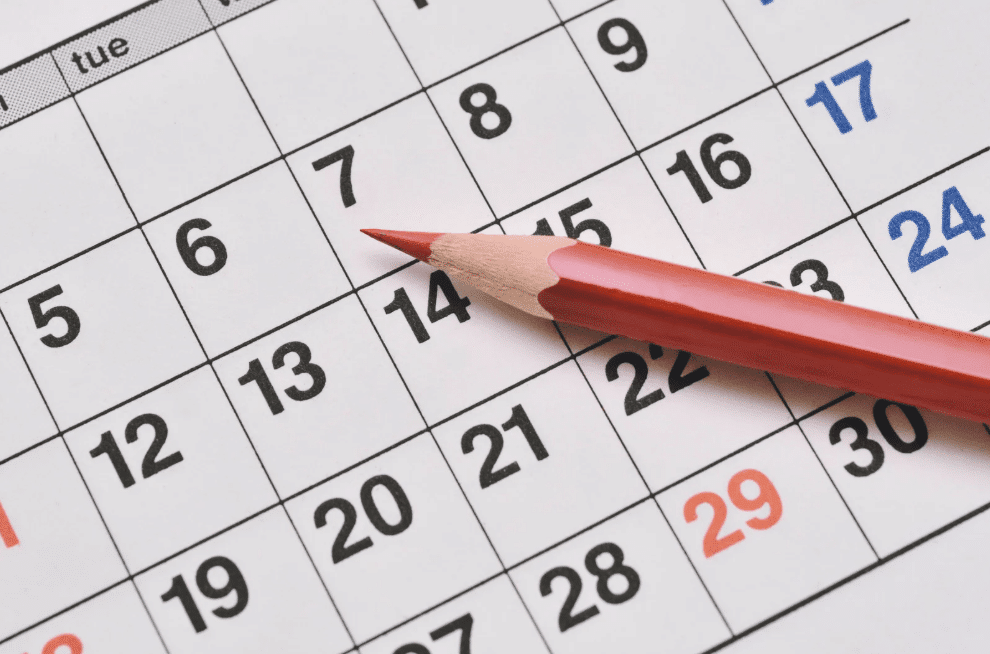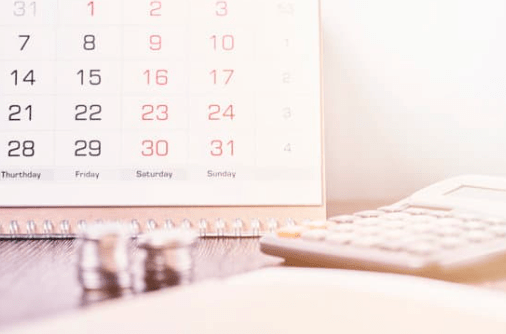How to Prepare for Your Social Security Disability (SSD) Hearing
By Erica S. Chitwood, Senior Disability Advocate
If you’ve applied for Social Security Disability benefits (SSDI or SSI) and received two denials, your next step is likely a hearing before an Administrative Law Judge (ALJ), a critical stage in your disability claim. With only 16% of claims approved at the reconsideration stage (SSA 2024), it’s more important than ever to understand and prepare for this hearing.
This article will walk you through everything you need to know about the Social Security Disability hearing process, who will be involved, what to expect, and how to prepare for success.
What Is a Social Security Disability (SSD) Hearing?
A Social Security Disability (SSD) hearing is an administrative proceeding overseen by an Administrative Law Judge (ALJ). You and your disability advocate or attorney will present evidence that supports your inability to work. While less formal than a traditional courtroom, this is still a legal proceeding, and your testimony and behavior matter.
Hearings can happen in three different ways:
- Telephone
- Video (via Microsoft Teams)
- In-person at your local Office of Hearings Operations
Hearings typically last 30–60 minutes and are audio recorded.
Who Will Be at the Hearing?
- Administrative Law Judge (ALJ) – Decides your case.
- You – The claimant.
- Your attorney or advocate – Prepares and presents your case.
- Vocational Expert (VE) – Provides insight on job availability.
- Medical Expert (ME) – Discusses your medical condition, if needed.
- Court Reporter – Records the hearing.
What Happens at a Social Security Disability (SSD) Hearing?
1. Introduction & Oaths:
The ALJ introduces the participants and explains the rules. You, any experts, and witnesses will be sworn in.
2. Opening Statement:
Your advocate will outline your medical conditions and why they meet SSA’s legal criteria for disability.
3. Direct Examination:
You’ll be asked questions about your medical conditions, symptoms, limitations, and daily life.
Examples of questions include:
- What symptoms do you experience daily?
- How far can you walk? How long can you sit or stand?
- What treatments have you tried?
- How do your conditions affect your ability to do housework, shop, or manage money?
Pro Tip: Give specific, measurable answers, e.g., “I can stand for 10 minutes,” not “I can’t stand long.”
4. Expert Testimony:
The Vocational Expert (VE) will assess whether you can perform any work based on your limitations. A Medical Expert (ME) may testify if the judge needs more clarity on your condition.
5. Cross Examination:
Your representative can challenge the VE’s or ME’s testimony, especially if it overlooks important limitations or medical facts.
6. Closing Statement:
Your representative summarizes your case, highlighting how your condition meets the SSA’s definition of disability.
How to Prepare for Your Disability Hearing
Preparation is key. Here’s how to get ready:
- Review your work history: Be able to describe your past jobs and physical/mental demands.
- Know your top 3–5 medical conditions: Be ready to explain how each one limits your ability to work.
- Diagram your limitations: Writing out your symptoms and how they affect you helps with memory and clarity.
- Practice your testimony: Use a mirror or video call to simulate the hearing. Speak clearly and with confidence.
- Gather last-minute medical evidence: Submit all documents at least 5 business days before your hearing.
- Do a mock hearing with your representative. At Disability Help Group, we schedule these practice sessions with every client to boost comfort and confidence.
Day of the Hearing: What to Remember
- Be early (or logged in 30 minutes before if remote)
- Dress appropriately
- Be in a quiet, private setting with good internet or phone signal
- Speak clearly, directly, and respectfully
- Address the judge as “Your Honor”
- Own your testimony, you know your condition better than anyone else
After the hearing, expect a written decision within 3 weeks to 3 months.
The SSD hearing is a crucial moment in your claim. With preparation and proper representation, you can improve your odds of approval. At Disability Help Group, we help clients through every step, including mock hearings, documentation, and a hearing day strategy.
Need help preparing for your hearing? Call us at (800) 800-3332 for a FREE consultation with one of our experienced advocates or click here to fill out our contact form now.

This article was written and fact-checked by Erica S. Chitwood, Senior Disability Advocate. The content is based on current SSA guidelines and years of direct experience representing disability claimants at hearings.







